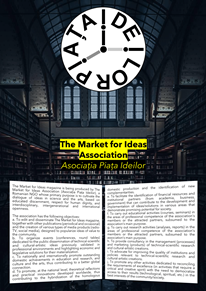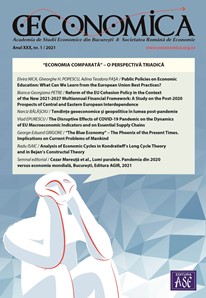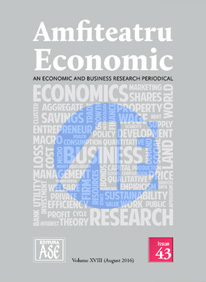
Football and Invisible Hands The Brits may be brexiting, but some Scots shall always be with us
The British Isles have shared with our world, among others, two paradigms of sociality: the classic economic liberalism and the modern game of football. Contrasting the proverbial avarice, Scotland has handed us two apostles of the… “invisible hand”, that witty formula touching both the social matter-of-course and the footballer’s fetish: Adam Smith and Sir Alex Ferguson. Professor of logic and moral philosophy, searching for a unified theory of society and bringing together ideas of theology, ethics, politics and law, Adam Smith came to write the first systematic treatise on political economy in history. Smith’s thesis contrasts its logical simplicity with the complicated sophistry employed by those who ignore it: if individuals were free to pursue their own interests, doing it through entrepreneurship and commerce, with respect for the freedom of the others, the society as a whole will improve its condition, coordinating itself via the market. And opposed to the invisible hand is the statists’ “hand play”.
Alexander Chapman Ferguson (Sir, Alex / Alec, Fergie) has recently retired from football. It was not the market forces that dislodged him from his perch, but his own humanly forces. But Sir Alex “of Manchester United” is already an institution, and institutions are listed on the market in an infinitely subtler manner. The test of resilience for an institution is the sustainable benefit it delivers, not the evanescent profit of the ordinary economic agent, which, once missing, can sweep him away overnight. How many mortals pass by their own statue before going to work as Sir Alex did? Generally, only the dictators have lookalikes cast in bronze during their lifetime; democracies put their heroes on pedestals only after they are “six feet under”. Arriving at MU in 1986, the year Maradona showed to England during the World Cup the painful dimension of the invisible hand, Sir Alex has since collected 38 trophies, after an endurance test of the capitalist governance in football: six years did the “Manchester devils” wait for their first trophy with him at their helm.
Before being anointed Sir, the aristocrat Ferguson was also the patron of a pub (“Elbow Room”, named longingly for his physical style based on shoving, an important detail in the game of the invisible hand), football manager, proletarian (player), entering the workforce as a young apprentice in a workshop and as a grocery boy in Glasgow. This is a short glimpse into Sir Alex’s journey through the social classes towards becoming a classical football coach. He matured along with his Labour sympathies, being a generous donor to the party symbol of the British left. With the last two Labour Prime Ministers, he had very cordial relations: for example, from Gordon Brown he received an impressive collection of CDs documenting the assassination of JKF, with which he had an obsession, eventually hosting on his nightstand the autopsy of the American President; he advised Tony Blair to take a masseuse during his election voyages, also giving him locker room strategic advice: “If you can keep all your key people in the same room at the same time, you’ll be fine”.
Sir Alex, despite his Victorian longevity, is not a record-breaker in the guild, being surpassed by Guy Roux, who stayed 44 years on the bench of the French team Auxerre. Even his fellow Scots outlived him, with Willie Maley gathering, from the beginning of the last century, 43 years at Celtic. He outran, however, the great Matt Busby, with his 24 years serving MU, immediately after the war. Despite having the image of a cerebral man, Ferguson produced images which have become iconic among players: “the hairdryer treatment” is the metaphor for the flood of words that the disobedient players have to bear from the distance of a hair’s length at the end of weak matches. Anyway, it is not coercion that makes football successful. Great coaches are just promoters of the productive division of labour in a football team: goalkeepers, defenders, midfielders and strikers, with clear heads, strong legs and, yes, “invisible hands”.








